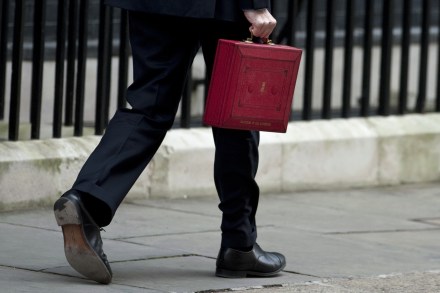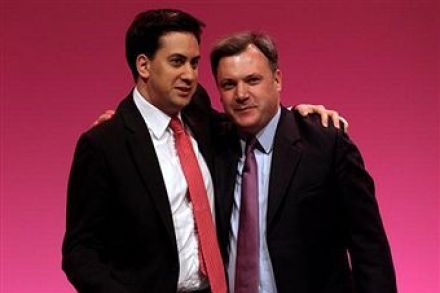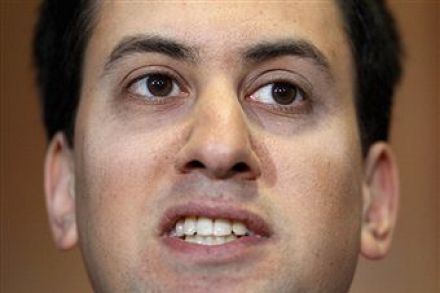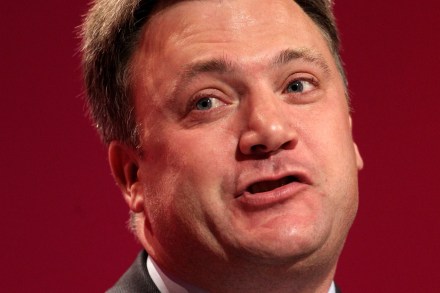Let’s get real about the fiscal situation
Recently on Coffee House, and elsewhere, some people have been arguing that the deficit reduction isn’t happening fast enough. The latest, a paper from Tullet Prebon, argues that it’s wrong to say there are cuts. Its author, Dr Tim Morgan, reiterated its points on the Today Programme this morning. But it isn’t true — and











